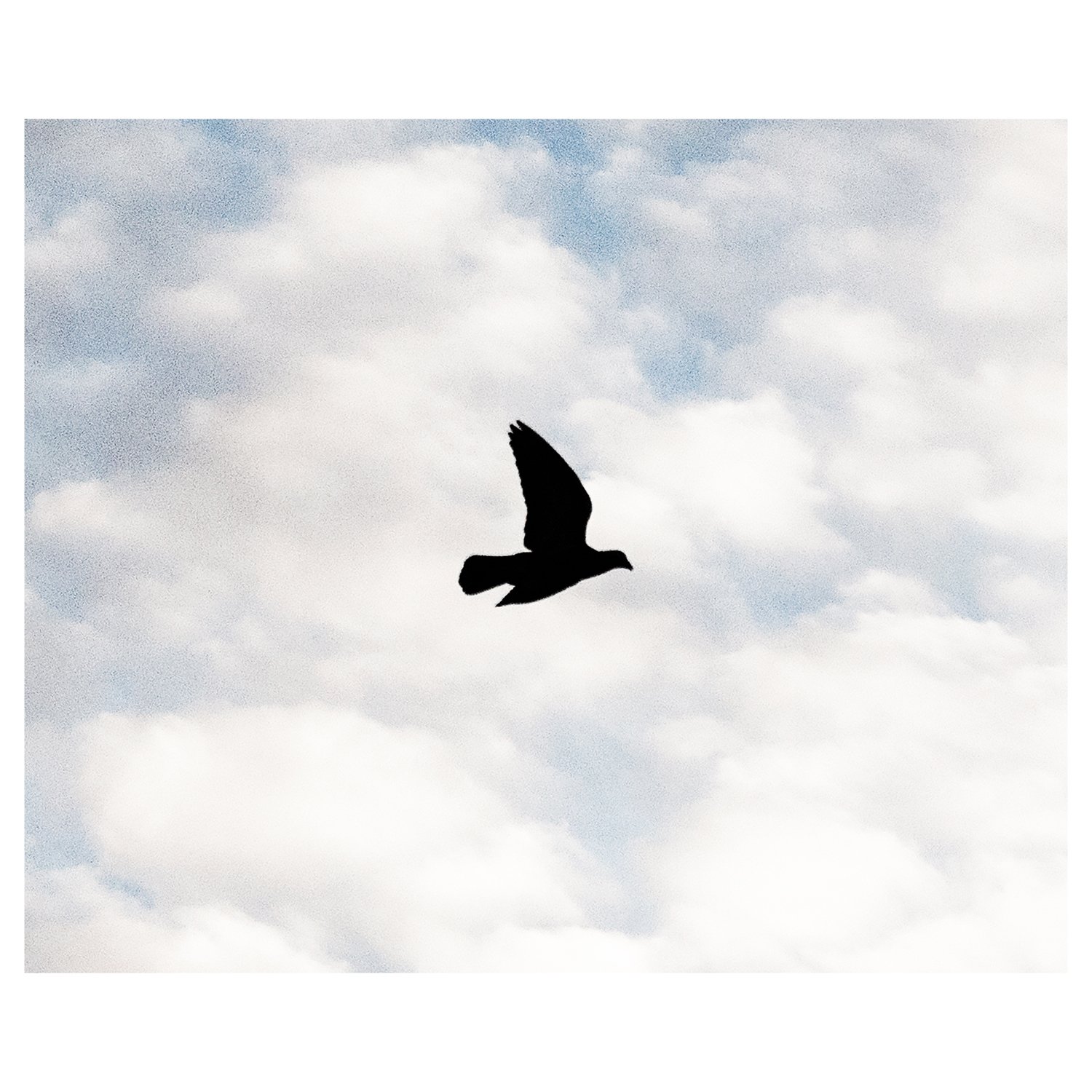
During Australia’s Black Summer bushfire season, thick smoke covered Sydney for months. We sought refuge indoors, but smoke followed through cracks.
As the fires eased and the smoke dissipated, once again we were forced inside and into isolation by COVID19. The pandemic meant a new fracture, another destabilising moment.
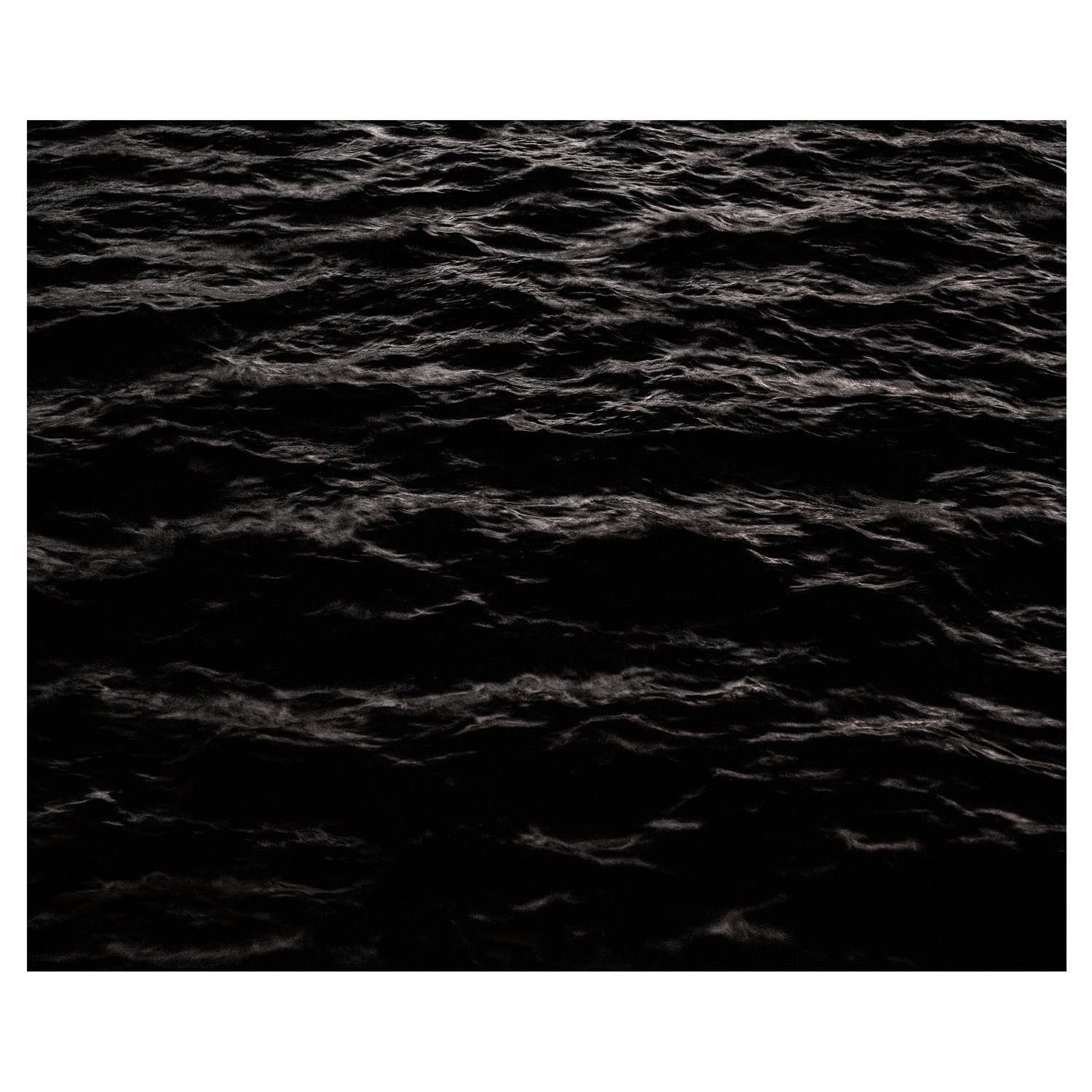
The country, still dealing with the effects of the fires, had no time to collectively mourn the loss, to contemplate the trauma.
I captured details of nature that expressed the psychological impact of the time. An attempt to document, record and witness, but also evoke invisible trails of memory, emotion and place.
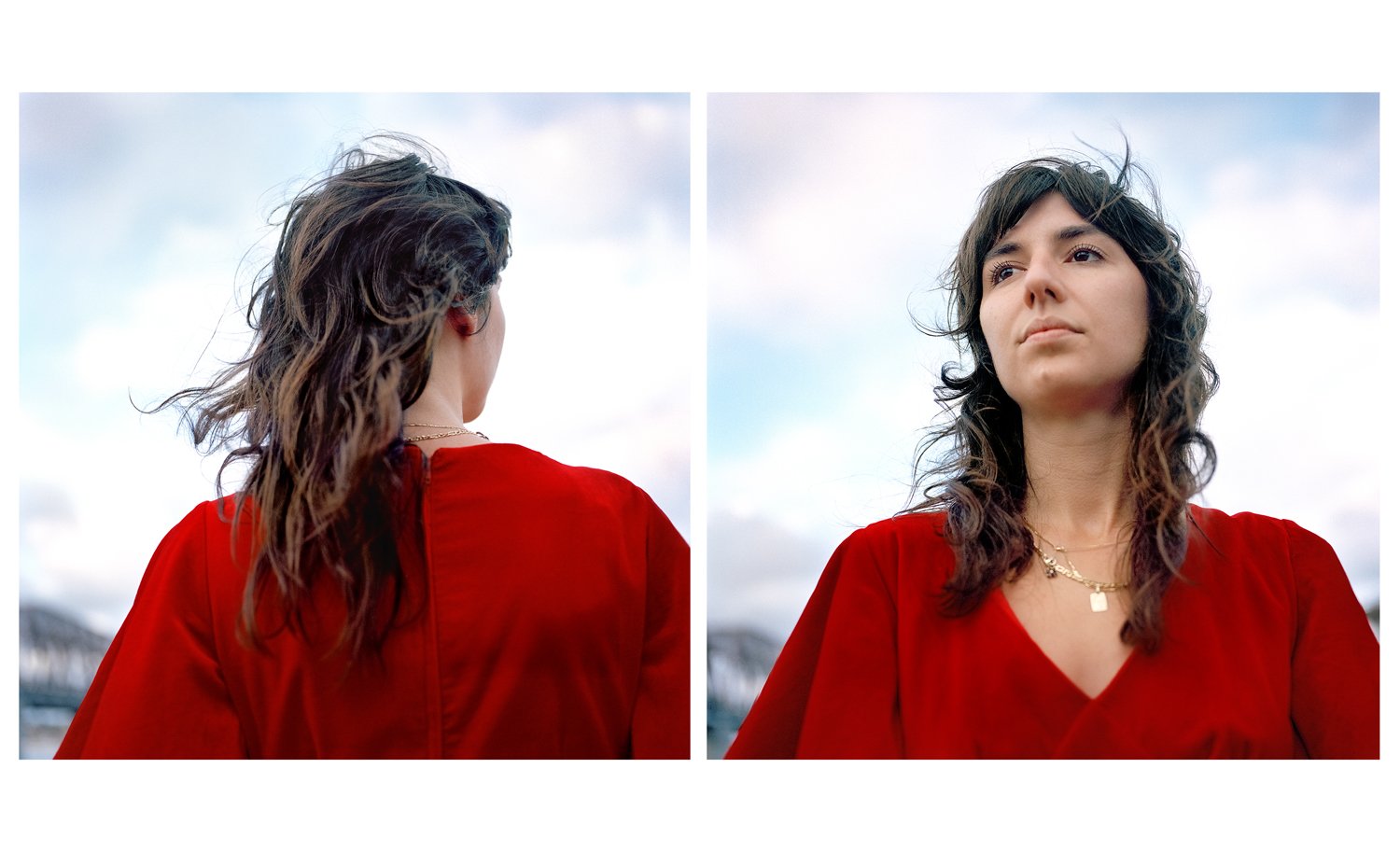
In a time, kept apart and alienated from each other, portraits allow a moment of close proximity.
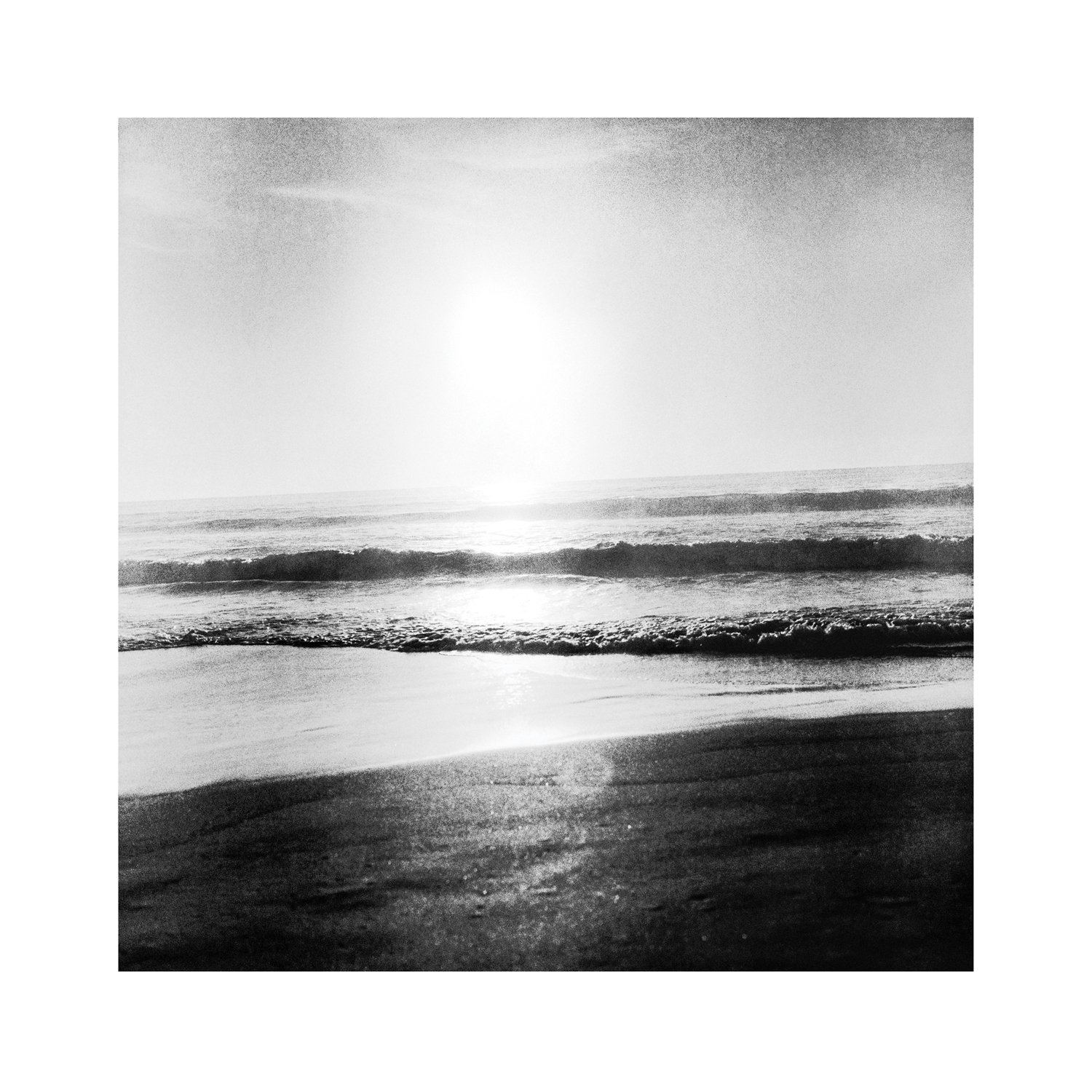
Nature plays an important role as a catalyst by which we can ‘place ourselves,’ to give us, as Rebecca Solhnit states, ‘continuity, something to return to, and offer a familiarity that allows some portion of our lives to remain connected and coherent...’
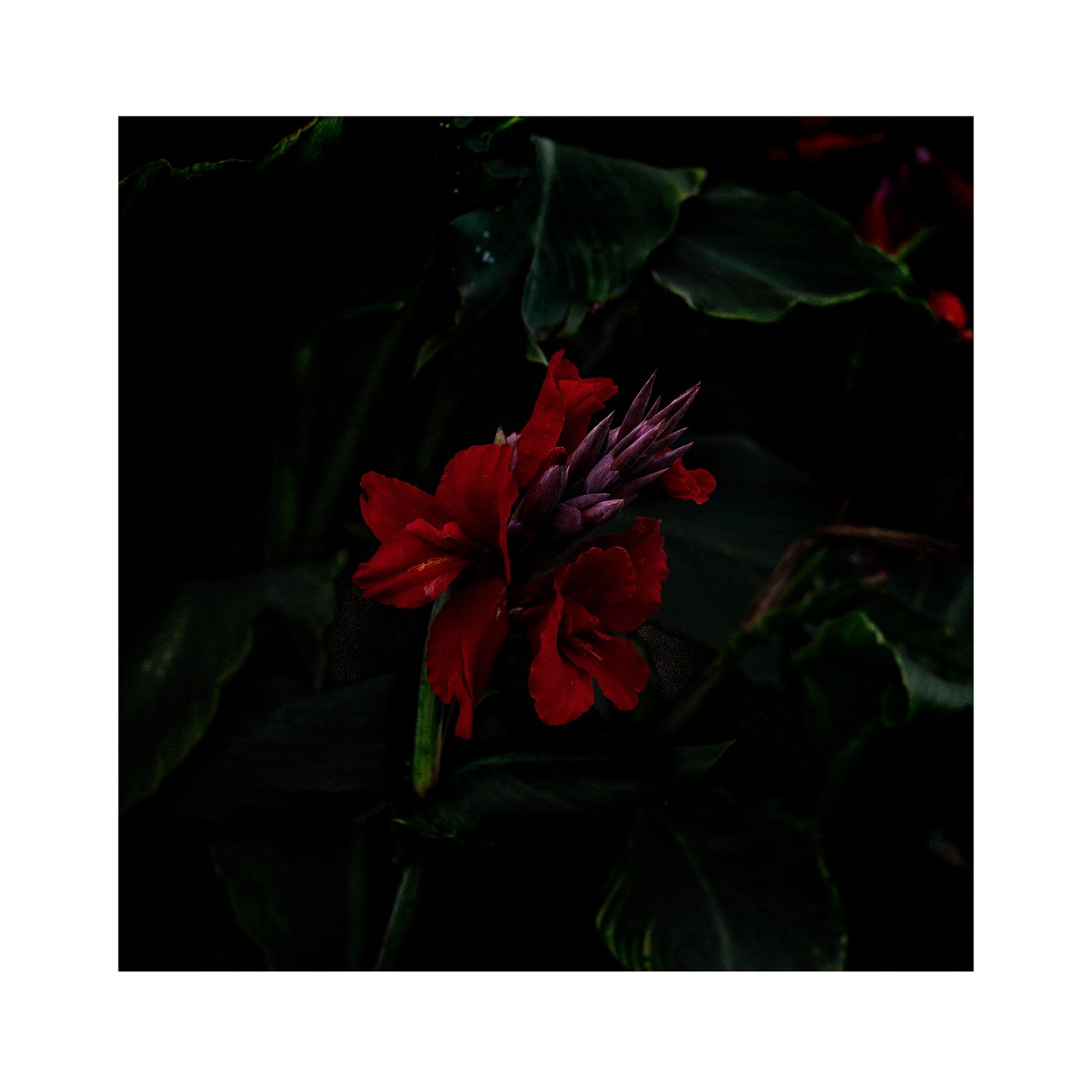
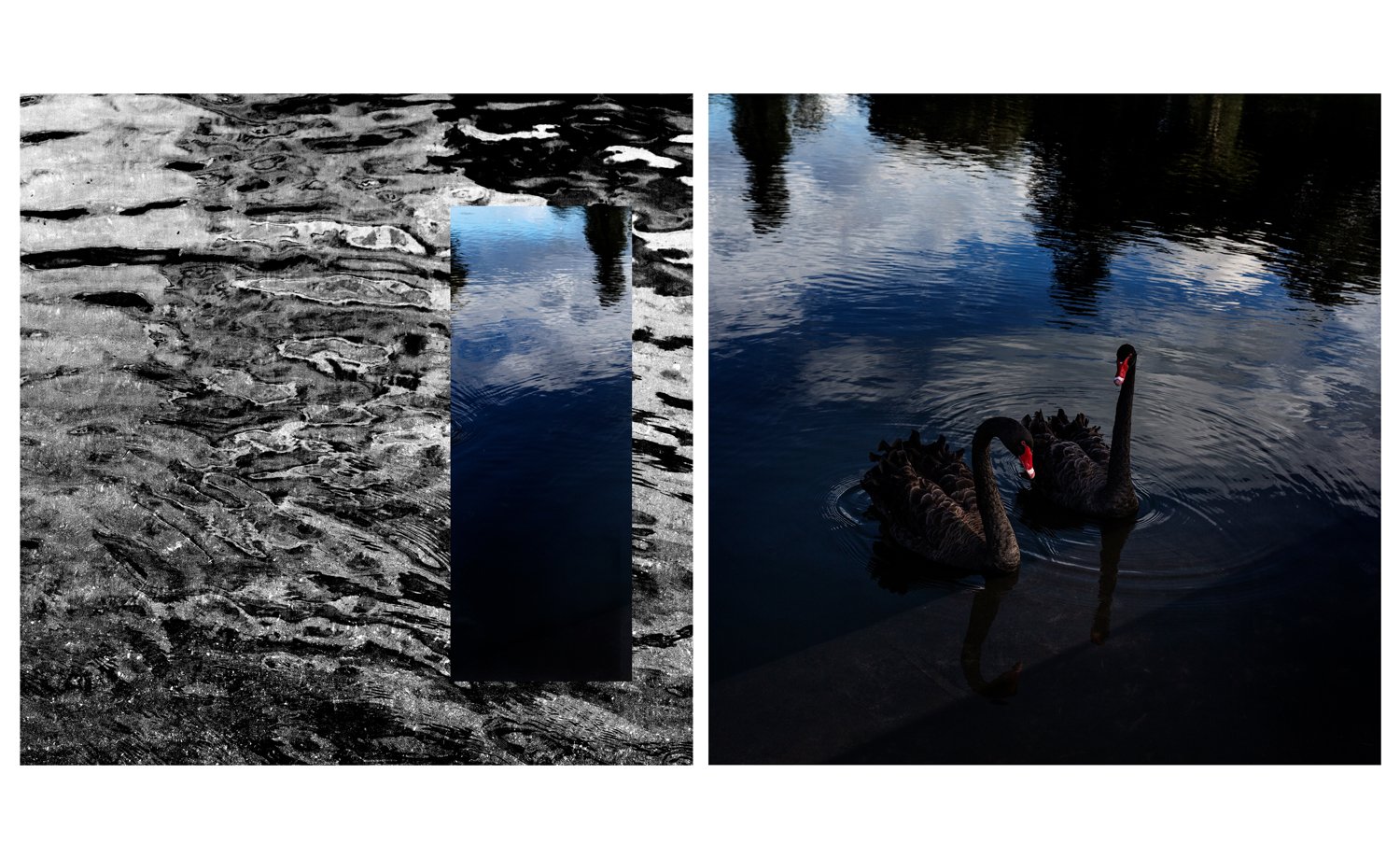
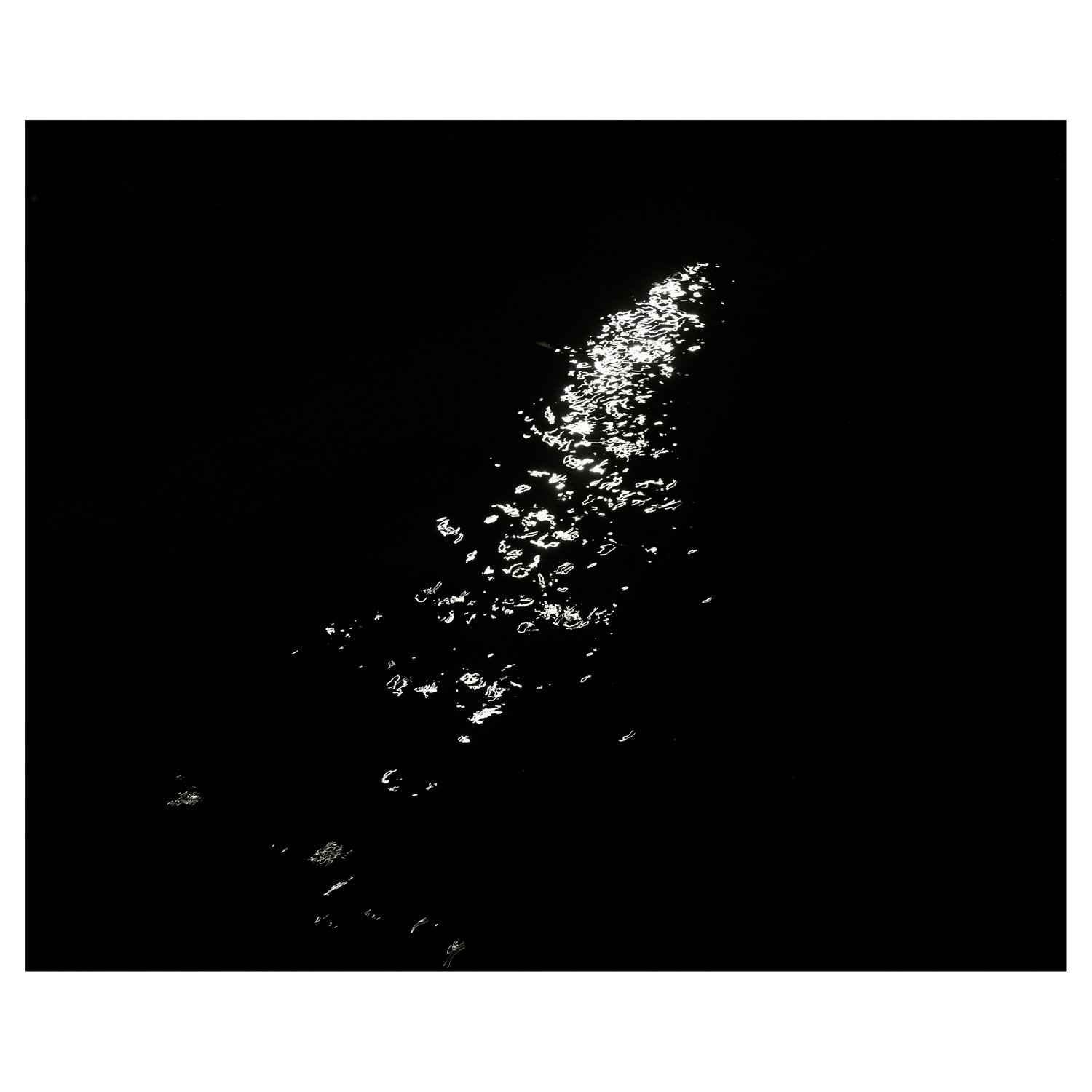
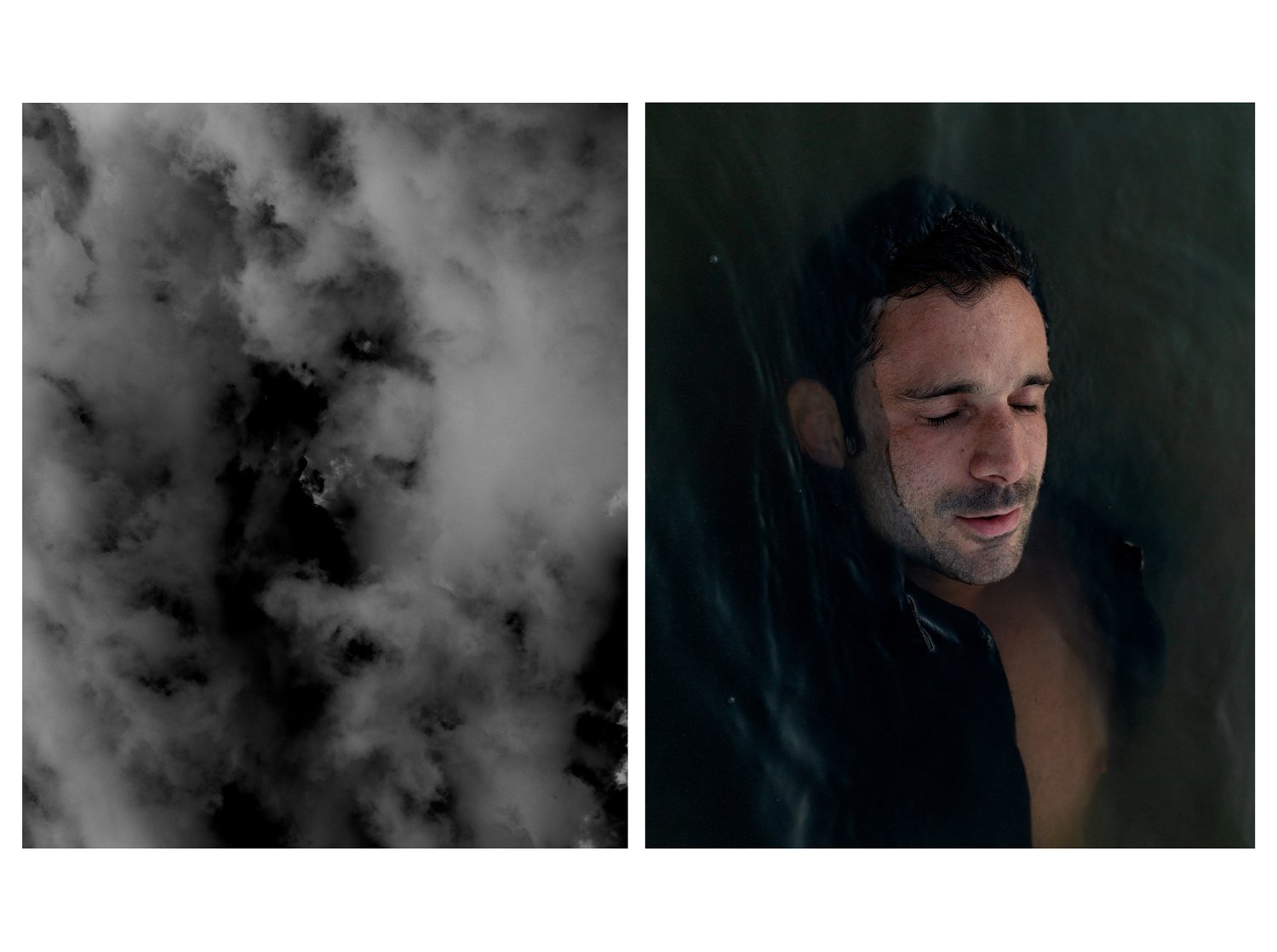
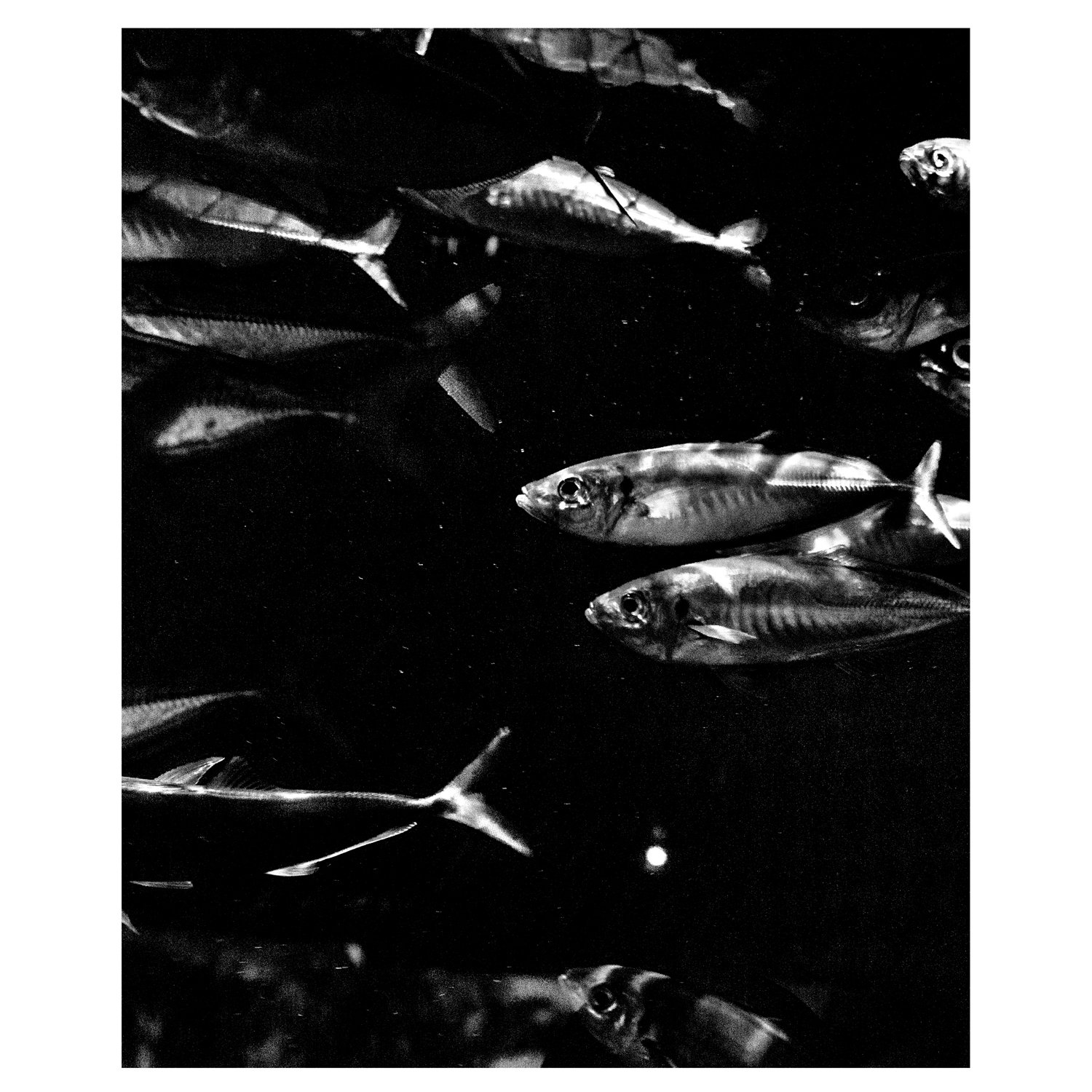
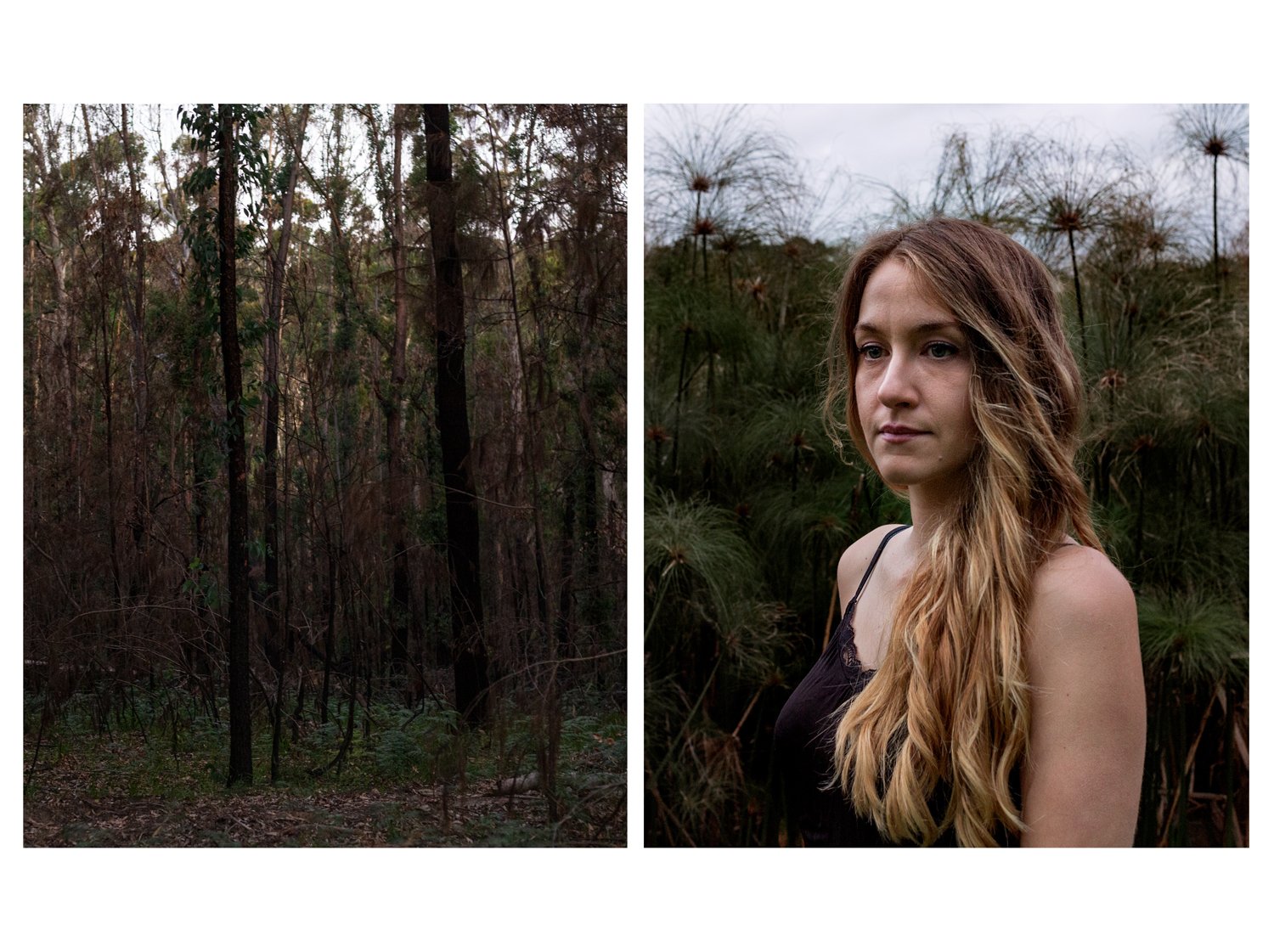
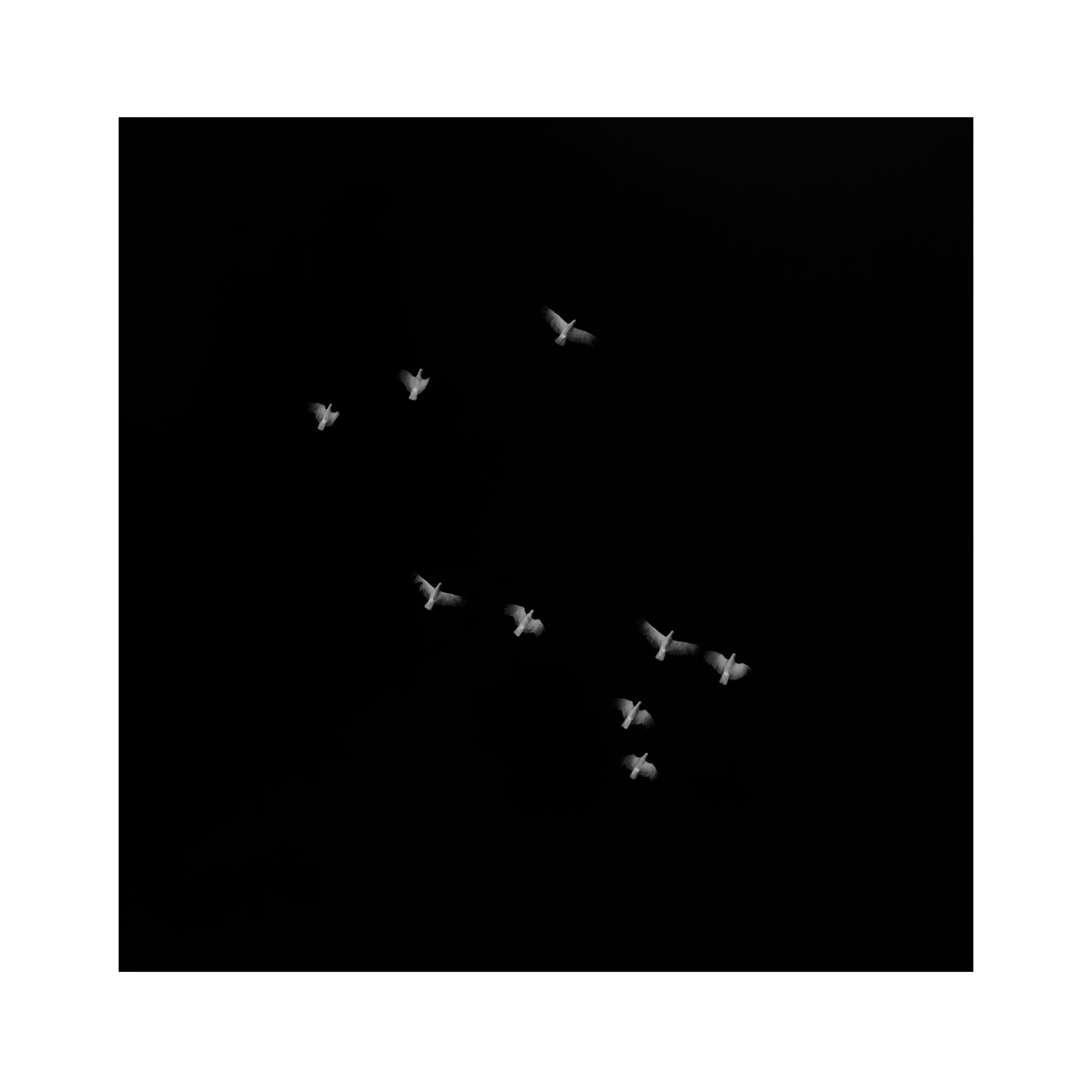

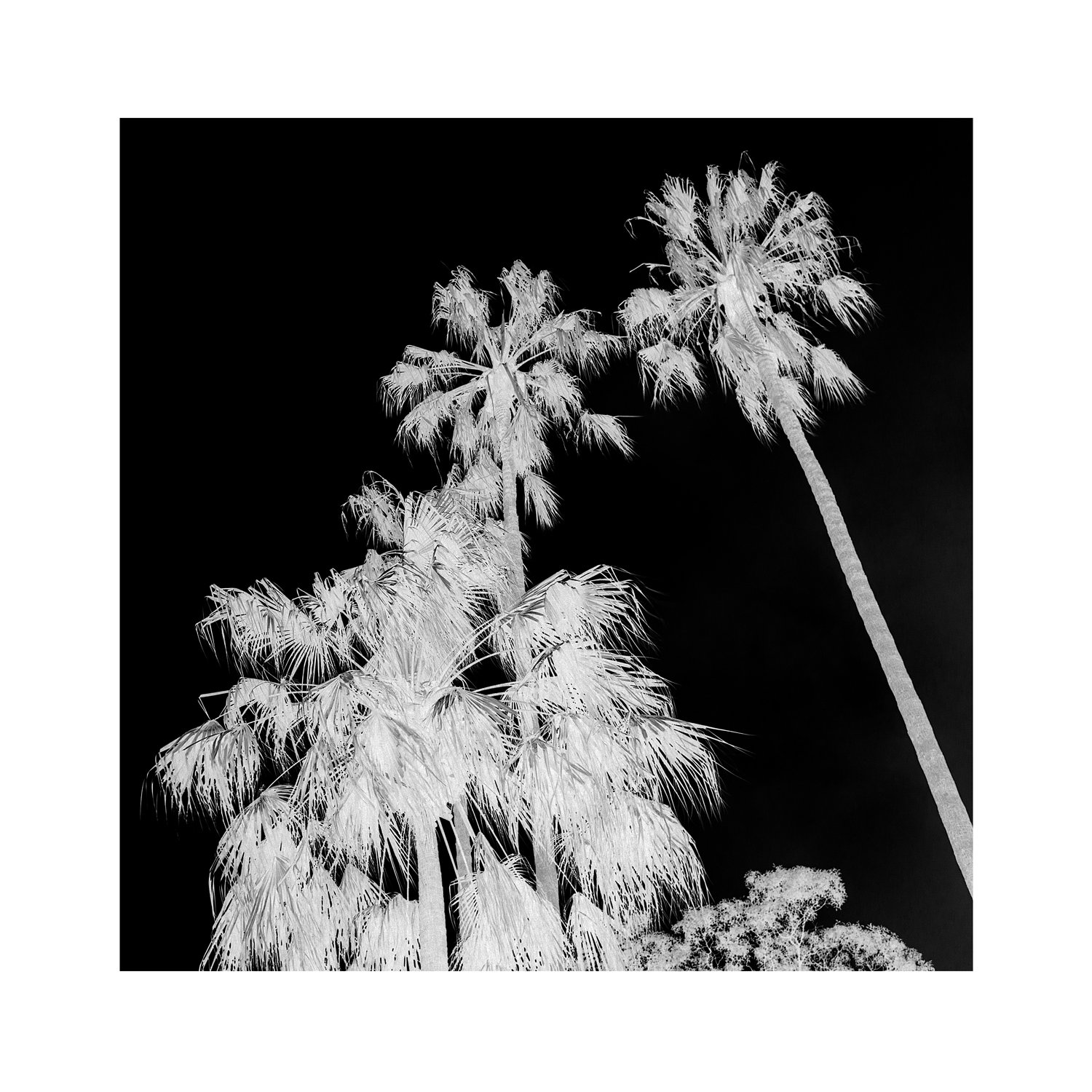

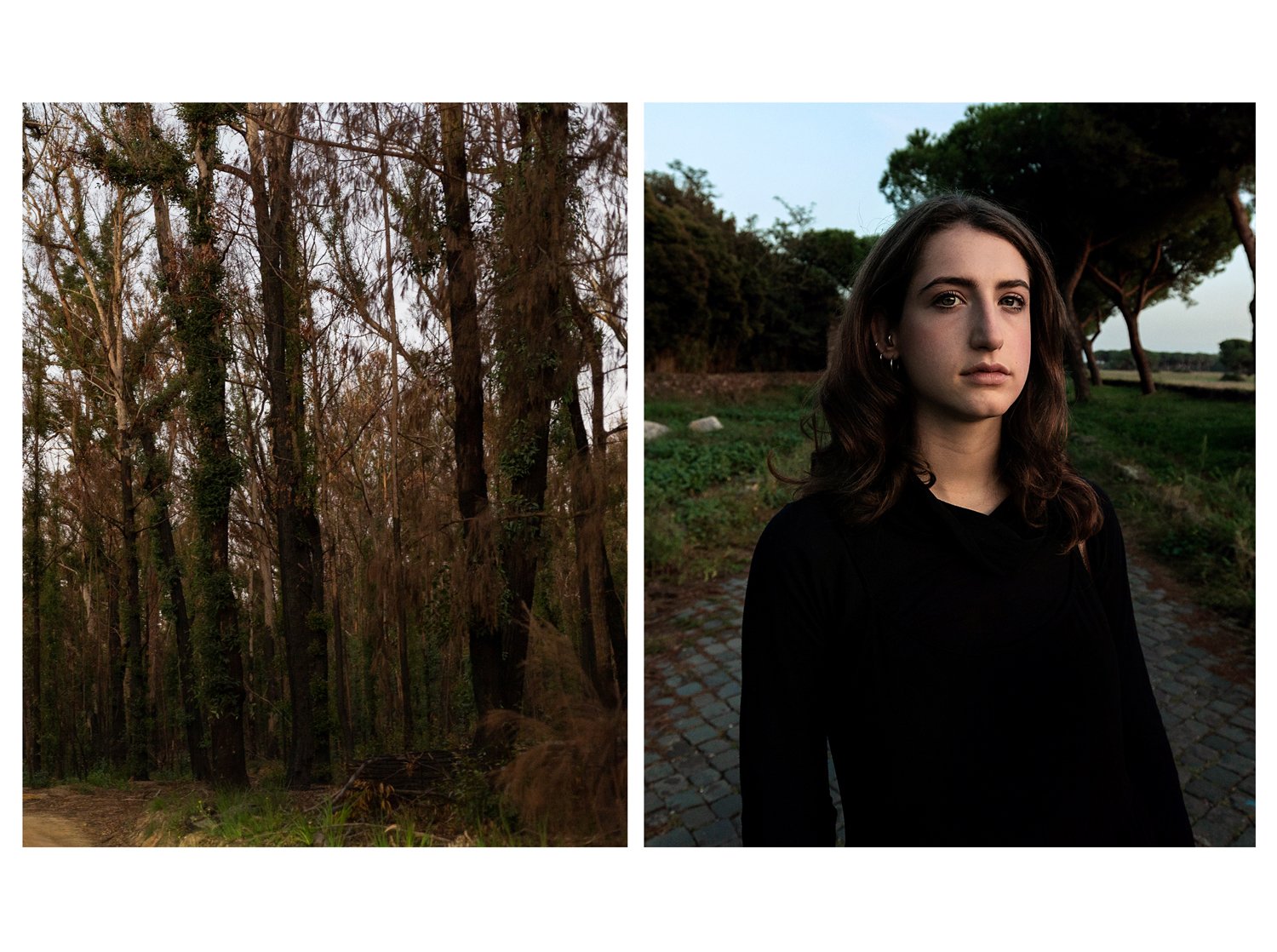















During Australia’s Black Summer bushfire season, thick smoke covered Sydney for months. We sought refuge indoors, but smoke followed through cracks.
As the fires eased and the smoke dissipated, once again we were forced inside and into isolation by COVID19. The pandemic meant a new fracture, another destabilising moment.
The country, still dealing with the effects of the fires, had no time to collectively mourn the loss, to contemplate the trauma.
I captured details of nature that expressed the psychological impact of the time. An attempt to document, record and witness, but also evoke invisible trails of memory, emotion and place.
In a time, kept apart and alienated from each other, portraits allow a moment of close proximity.
Nature plays an important role as a catalyst by which we can ‘place ourselves,’ to give us, as Rebecca Solhnit states, ‘continuity, something to return to, and offer a familiarity that allows some portion of our lives to remain connected and coherent...’